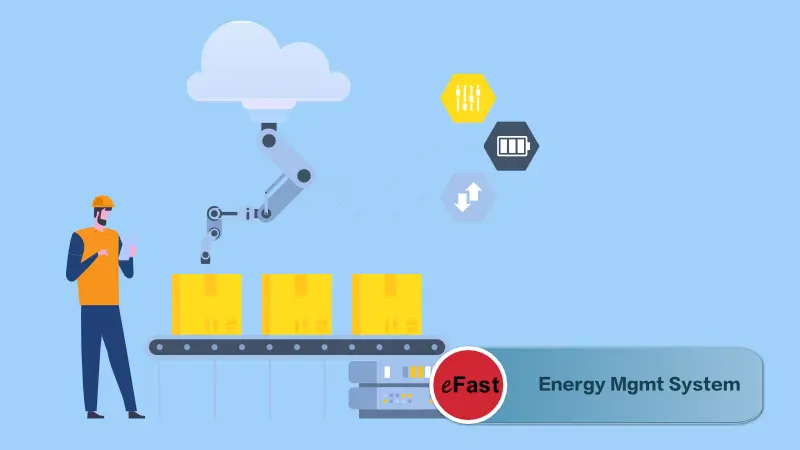Energy Management System

Energy management systems are crucial for achieving energy efficiency and reducing operational costs. Here are some key functions of energy management systems:
- Real-time energy monitoring: Collect and monitor energy consumption data in real-time from production equipment, facilities, and buildings to ensure energy use efficiency.
- Energy consumption analysis: Analyze energy consumption data to identify high-energy-consuming areas and equipment, and discover energy-saving improvement opportunities.
- Energy forecasting: Predict future energy demand based on historical data and production plans, enabling better management of energy supply and costs.
- Energy audits: Conduct regular energy audits to assess energy use efficiency and compliance, and develop energy-saving measures.
- Energy cost management: Track and analyze energy costs to support cost control and energy budget management.
- Energy contract management: Manage contracts with energy suppliers and service providers to ensure reasonable contract terms and pricing.
- Energy reporting and metrics: Generate energy consumption reports and energy efficiency metrics to help management make decisions and optimize energy strategies.
- Green and sustainable energy initiatives: Promote green and sustainable energy solutions, such as solar, wind, or energy-efficient technologies, to reduce carbon emissions and environmental impact.
Through these functions, businesses can more effectively manage and optimize energy use, improve energy efficiency, reduce energy costs, and achieve sustainability goals. Energy management systems play a significant role in the overall ERP system.


